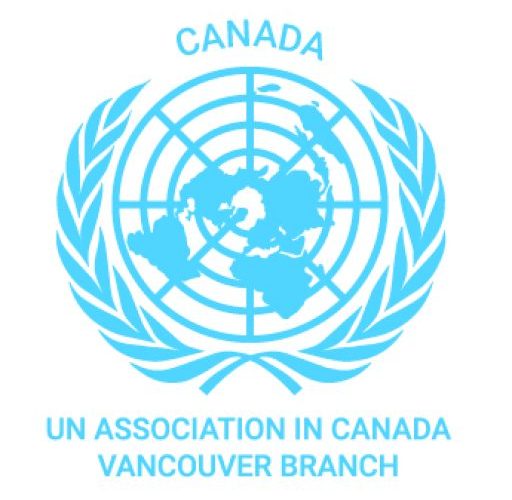The views expressed by the authors on this page reflect their personal opinions and do not necessarily reflect the views of UNA Canada.

The Universal Declaration of Human Rights celebrates its 70th birthday today, having been adopted as Resolution 217 by the United Nations General Assembly on December 10th in 1948. The primary goal of this ground-breaking document is to help prevent a repetition of the atrocities that occurred during World War Two. The committee assembled to develop this document was chaired by Eleanor Roosevelt and the first draft was written by the first Director of the United Nations Division of Human Rights, Canadian legal scholar and jurist John Humphrey. The Declaration grants all humans certain inalienable rights and promotes justice and human dignity. More specifically, it declares that all humans are equal regardless of their race, colour, religion, sex, language, political or other opinions, national or social origin, property or birth. The Declaration has been translated into 512 languages, making it the most-translated document in the world.
Today, however, the 30 Articles of the Universal Declaration of Human Rights (legally not binding) have yet to be fully and globally upheld although they have greatly influenced international human rights law. Violations against human rights take place internationally, concerning various groups and take diverse forms. Human rights are today endangered internationally, examples of which include:
– The economic collapse in Venezuela where the population now experiences a 90 percent poverty level.
– The humanitarian crisis in Yemen where 22.2 million people are in immediate need.
– A denial of several rights to journalists in Turkey, a country which has imprisoned more journalists than Russia, Egypt, and China combined (73 in 2017).
– The systematic discrimination on the basis of sex in Saudi Arabia where women cannot marry or travel without a male guardian’s accord.
– At home, the human rights of Indigenous peoples are of particular concern. These communities experience higher levels of poverty and inadequate housing, a lack of clean water access, proper sanitation, healthcare and education relative to the rest of the population.
There is much that the average Canadian citizen can do to promote the fulfillment of the 30 Articles of the Universal Declaration of Human Rights both at home and abroad. The United Nations’ Sustainable Development Goals, 90 percent of which are linked to international human rights law and labour standards, provide concrete goals within a specific time frame. Canadians can volunteer at local food charities and educate others about food security to support the second Sustainable Development Goal (Zero Hunger); they can pressure their governments at all levels to make Climate Action (the thirteenth Sustainable Development Goal) a prioritized commitment; and they can make certain economic decisions as consumers and producers that are in line with the twelfth Sustainable Development Goal, Responsible Consumption and Production. Focusing on the Sustainable Development Goals allows Canadians to help be part of the global movement to achieve a wider and more meaningful respect for human rights!
About the Writer:
Dolores Cviticanin is a Volunteer Website Writer for the United Nations Association in Vancouver. Dolores holds two Bachelor degrees, one from Sciences Po Paris and another from the University of British Columbia. Her studies have focused on Political Science, History, and Philosophy. She has worked with UNICEF and an NGO providing free legal aid to migrants in Eastern Europe and has volunteered for numerous organizations on three continents. Currently, Dolores is a Programme Intern at the United Nations Women Regional Office for Europe and Central Asia in Istanbul, Turkey.
Sources:
http://www.un.org/en/events/humanrightsday/
https://www.cnbc.com/2018/02/23/amnesty-ten-global-hotspots-for-major-human-rights-violations-in-2017.html
https://www.hrw.org/americas/canada
https://www.ips-journal.eu/topics/human-rights/article/show/the-future-of-human-rights-2336/
https://www.washingtonpost.com/world/erdogan-stood-up-for-khashoggi–while-turkey-jails-more-journalists-than-any-other-country/2018/10/24/a47250d6-d6fb-11e8-8384-bcc5492fef49_story.html?noredirect=on&utm_term=.54169736b200
https://nypost.com/2018/02/22/venezuelans-are-starving-amid-economic-crisis-food-shortages/
https://www.independent.co.uk/news/world/middle-east/saudi-arabia-womens-rights-driving-ban-lifted-marriage-custody-bank-accounts-travel-medical-a7969551.html
https://www.ohchr.org/en/issues/mdg/pages/the2030agenda.aspx
https://www.humanrights.dk/our-work/sustainable-development/human-rights-sdgs
https://www.ohchr.org/EN/UDHR/Documents/UDHR_Translations/eng.pdf

